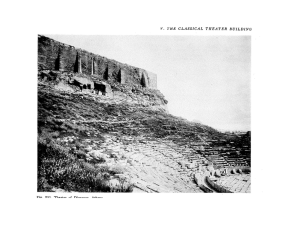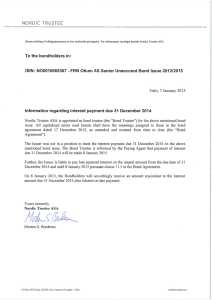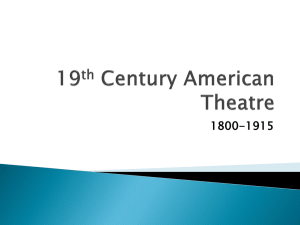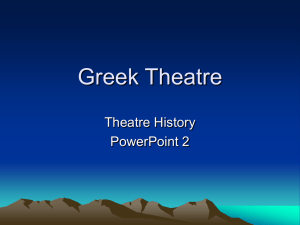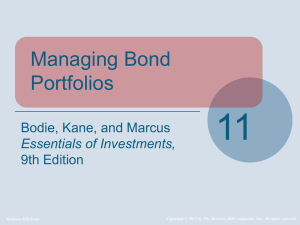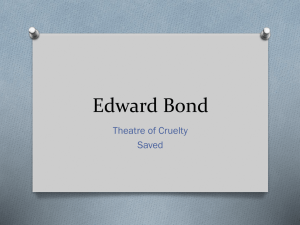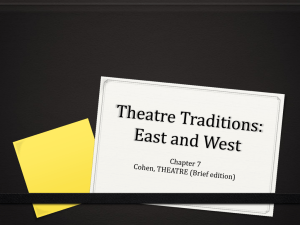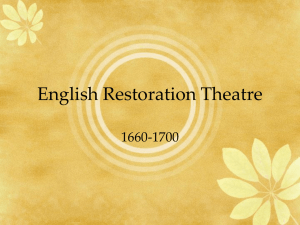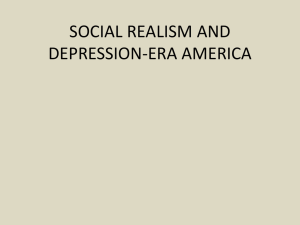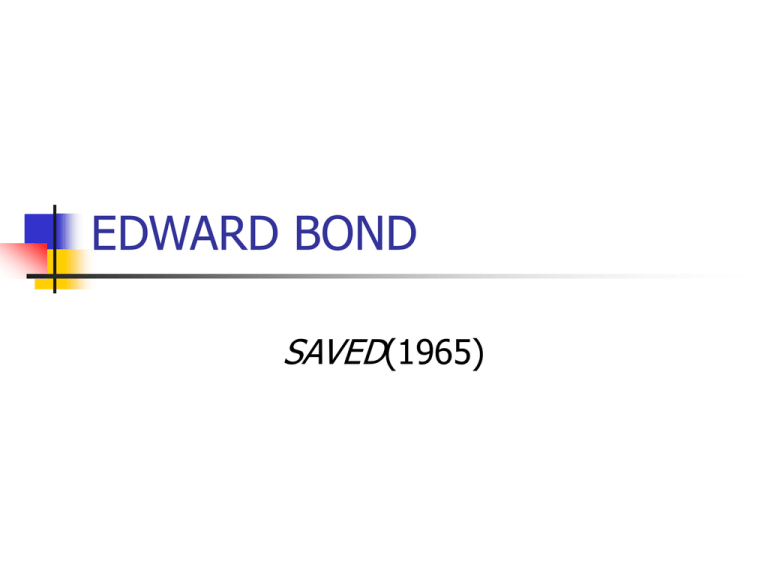
EDWARD BOND
SAVED(1965)
EDWARD BOND
Bond was born on 18 July 1934 into a working-class family in
Holloway, North London.
In 1940, as a child during the World War II he was evacuated to
Cornwall and subsequently to his grandparents in Elly. However, he
was in London during the bombings in 1940 and 1944. This early
exposure to the violence and terror of war probably shaped themes in
his work, while his experience of the evacuation gave him an
awareness of social alienation which would characterise his writing.
In 1944, he attended Crouch End Secondary Modern School. As he
was not thought enough to take the eleven-plus exam, he left school
at the age of fifteen. While still in school, he saw Donald Wolfit’s
production of Macbeth, which had a profound impact upon him.
He explained that this performance was the first
time he had been presented with traumatic
experiences comparable to his own in a way he
could apprehend and give meaning to.
His first contact with theatre was music-hall. After
leaving school with only a basic education, he educated
himself, driven by an impressive eagerness for knowledge.
After various jobs in factories and offices, he did his
national service in the British Army occupation forces in
Vienna between 1953 and 1955.
During this time in the army he discovered the naked
violence hidden behind normal social behaviour and
decided to start writing.
Back in London, he educated himself in theatre while
working and exercised his skill by writing drama sketches.
He was especially impressed by the performances of the
Berliner Ensemble in the summer of 1956. In June 1958,
after submitting two plays to the Royal Court Theatre,
which were rejected, Bond was invited to join its newly
formed writers’ group.
After three years studying with writers his age but
already well-known, Bond had his real first play,
The Pope’s Wedding, staged as a Sunday night
“performance without décor” at the Royal Court
Theatre in 1962. Its title refers to “an impossible
ceremony” and it is set in contemporary Essex
which shows the death of rural society brought by
modern post-war urban living standards.
Bond’s next play, Saved (1965) became one of the best
cause célebrés in 20th century British theatre history.
Saved delves into the lives of South London working class
youths suppressed by a brutal ecenomic system and
unable to give their lives meaning, who drift eventually
into barbarous mutual violence. Among them, one
character, Len, persistently tries to maintain links between
people violently tearing each other to pieces. The play
shows the social causes of violence and opposes them
with individual freedom.
The play was directed by William Gaskill, then artistic
director of the Royal Court. The Theatre Acts 1843 was still
in force and required the scripts to be submitted for
approval by the Lord Chamberlain. Saved included a scene
featuring the stoning to death of a baby in its pram. The
lord Chamberlain sought to censor it but Bond refused to
alter a word, claiming that removing this pivotal scene
would alter the meaning of the play. He was firmly backed
by Gasker and the Royal Court.
For this reason, Saved was first presented on
November 3, 1965, at the Royal Court Theatre,
London, as a private club production of the
English Stage Society.
The production caused an uproar. On opening
night, there were shouts of outrage from the
audience and physical violence in the foyers
during the intermission and after the show.
Bond and the Royal Court continued to defy the censor,
and in 1967 produced a new play, the surreal Early
Morning. This play potrays a lesbian relationship between
Queen Victoria and Florence Nightingale. The Royal Court
produced the play despite the imposition of a total ban
and within a year the law was finally repealed.
In 1969, when the Royal Court was finally able to perform
Bond’s work legally, it put on and toured the three plays in
Europe, winning the Belgrade International Theatre
Festival prize.
The experience of prosecution and mutual
support sealed a link between Bond and the Royal
Court where all his plays would be premiered
until 1976.
Bond composed his new major work, Lear, based
on Shakespeare’s King Lear in 1971. The play
follows the decay of an aging tyrannical king.
Bond then produced two pieces exploring the
place of the artsist in the society.
Bingo(1974) potrayed the retired Shakespeare as an
exploitative landlord, an impotent yet compassionate
witness of social violence, who eventually commitas
suicide, repeatedly asking himslef “Was anything done?”
The Fool (1975) reinterprets the life of the rural 19th
century poet John Clare.
His early 1980s plays were directly influenced by the
coming to power of the Conservative Party led by
Margaret Thatcher and the profound social changes they
were bringing about.
Restoration(1988), as a half-musical parody of Restoration
comedies, deals with the working class support for Tories
by showing a servant accepting his conviction and
eventual execution for a murder committed by his cynical
and silly master.
In the mid-1980s, Bond’s work had a new beginning with
the triology of The War Plays. Motivated by the threats of
the last years of the Cold War and the political activism it
provoked in Britain and Europe, Bond had planned to
write about nuclear war since the early 1980s.
Between 1984 and 1985 he wrote three plays which he
united as The War Plays. The first, Red Black and Ignorant
is a short agit-prop play in which a child, aborted and
burnt to death in the nuclear war global bombings, comes
from the future to accuse the society of the audience of
his murder.The second, The Tin Can People denounces
capitalist society’s ideology of death. The third, Great
Peace, focuses on a soldier who kills his baby sister and
mother who tries to kill her neighbour’s child to save her
own.
Bond deals with lack of communication, dysfunctional
family and unhealthy relationships in the society in his
plays. He presents violent scenes, domestic violenc in the
house and lack of morals in his plays. Bond uses external
settings alot. He was influenced by a French Movement
named “theatre of cruelty.”
This genre is a surrealist form of theatre which was
theorized by Antonin Artaud. He was a French dramatist
who was affected by Balinese Theatre which is a very
primitive kind.
He wrote the book The Theatre and Its Double in
which Balinese Theatre and Theatre of Cruelty
were mentioned. This genre’s aim is to shock the
audience into realisation. The spectators are to be
awed and even terrified to such a degree that
they will lose the control of their reason. Artaud’s
aim was to present violence and cruelty for the
sake of cruelty. The spectators must be disturbed
and shaken in their minds.
The purpose is to attack to the subconscious of
the spectator in order to release and reveal the
hidden fears and anxities which are normally
suppressed.
Action is in the foreground more than language.
Screams, cries, symbolic gestures, madness,
perversion are common.
SETTING
Saved has thirteen scenes with an intermission
suggested after the seventh. Bond uses simple
setting. The setting becomes more claustrophobic
as the lives of the characters become constricted.
PLOT
The plot of Saved takes place over a period of two
years. Bond does not show the development of
characters over that time but rather shows
episodes in the lives of the characters.
An interesting plot device is the placing of the
murder of the baby in the first act. Although the
scene is central to the play, by placing it in the
first act Bond is able to focus attention on the
situation surrounding the murder, rather than
focusing on the build-up to the murder.
CHARACTER DEVELOPMENT
With the exception of Len, there is really no character
development at all in saved and that is deliberate and part
of the point of the play. These characters do not grow,
they do not learn from their experiences. Moreover, no
explanations are given of their lives or behaviours so that
the audience comes to understand their plight. That is also
deliberate. Bond wants his audience to react to his view of
society by taking action and changing the society itself,
not by simply feeling compassion for the characters
trapped in their hopeless situations. Therefore, the
audience is shown effects which are shocking and the
audience must involve themselves to arrive at the causes.
LANGUAGE
Bond’s language is not simple transcription; it is
carefully chosen and shaped to convey the play’s
motivation and themes. Its short structure is
highly poetic and comic. It is used as aggression
or to defend against the aggression of others or
to keep others away. Richard Scharine points out,
in Saved, the characters mistrust words and for
them “ language as a tool functions only hold
others at a distance.”
Topics for next week:
Alienation and Loneliness
Anger and Hatred
Guilt and Innocence
Limitations and Opportunities
Love and Passion
Morals and Morality
Science and Technology
Sex
Violence



